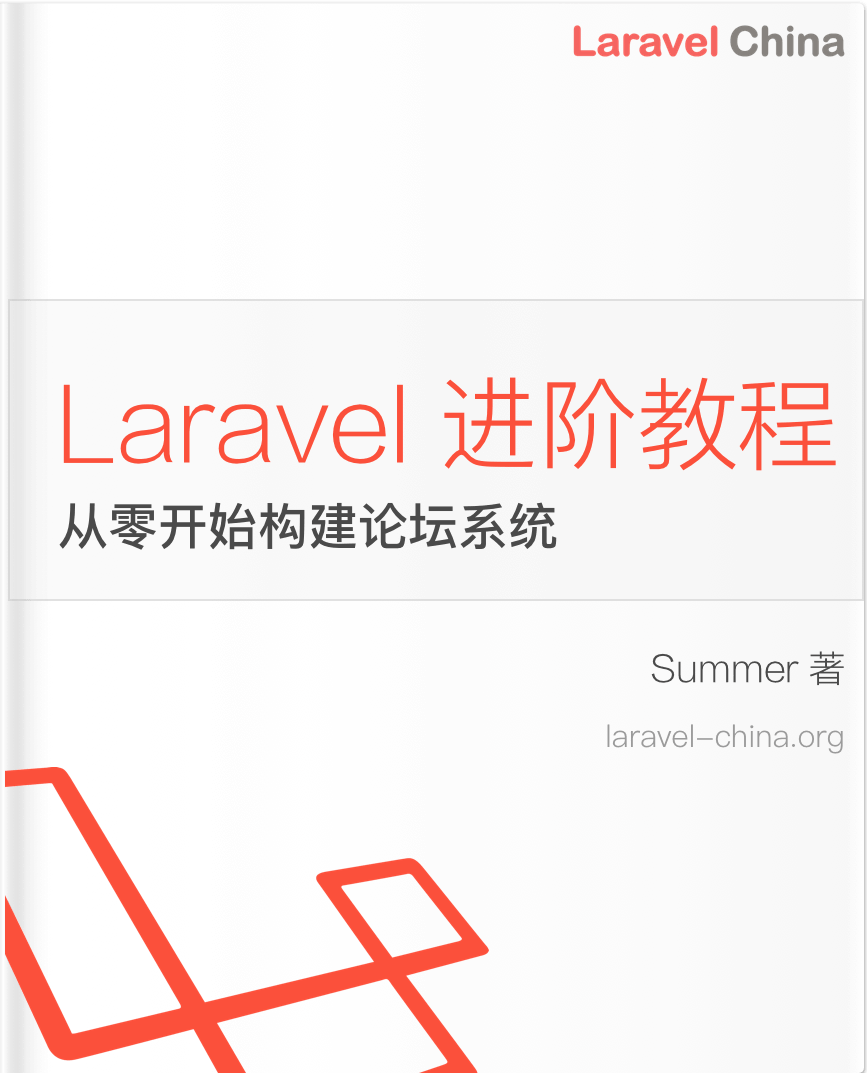并发
Concurrency
介绍
有时你可能需要执行几个相互独立的慢任务。在多数情况下,通过并发执行任务可以实现显著的性能提升。Laravel的 Concurrency 门面提供了一个简单、方便的API来并发执行闭包。
工作原理
Laravel 通过序列化给定的闭包并将其分派给一个隐藏的 Artisan CLI 命令来实现并发,该命令会取消序列化闭包并在自己的 PHP 进程中调用它。调用闭包后,结果值被序列化回父进程。
并发 门面支持三个驱动程序:process(默认),fork,和sync。
fork 驱动程序与默认的 process 驱动程序相比,提供了改进的性能,但它只能在 PHP 的 CLI 上下文中使用,因为 PHP 不支持在 Web 请求期间进行分叉。在使用 fork 驱动程序之前,您需要安装 spatie/fork 包:
composer require spatie/forksync 驱动主要在你测试期间,想禁用所有并发,并在父进程中按顺序简单地执行给定的闭包时使用
运行并发任务
要运行并发任务,您可以调用 Concurrency 门面的 run 方法。 run 方法接受一个应在子 PHP 进程中同时执行的闭包数组:
use Illuminate\Support\Facades\Concurrency;
use Illuminate\Support\Facades\DB;
[$userCount, $orderCount] = Concurrency::run([
fn () => DB::table('users')->count(),
fn () => DB::table('orders')->count(),
]);要使用特定的驱动程序,你可以使用 driver 方法:
$results = Concurrency::driver('fork')->run(...);或者,要更改默认并发驱动程序,你应该通过 config:publish Artisan命令发布 concurrency 配置文件,并在文件中更新default选项:
php artisan config:publish concurrency延迟并发任务
如果你想并发执行一系列闭包,但又对那些闭包返回的结果不感兴趣,你应该考虑使用 defer 方法。当调用 defer 方法时,给定的闭包不会立即执行。相反,Laravel 会在向用户发送 HTTP 响应后并发执行这些闭包:
use App\Services\Metrics;
use Illuminate\Support\Facades\Concurrency;
Concurrency::defer([
fn () => Metrics::report('users'),
fn () => Metrics::report('orders'),
]);本译文仅用于学习和交流目的,转载请务必注明文章译者、出处、和本文链接
我们的翻译工作遵照 CC 协议,如果我们的工作有侵犯到您的权益,请及时联系我们。

 Laravel 12 中文文档
Laravel 12 中文文档



 关于 LearnKu
关于 LearnKu



